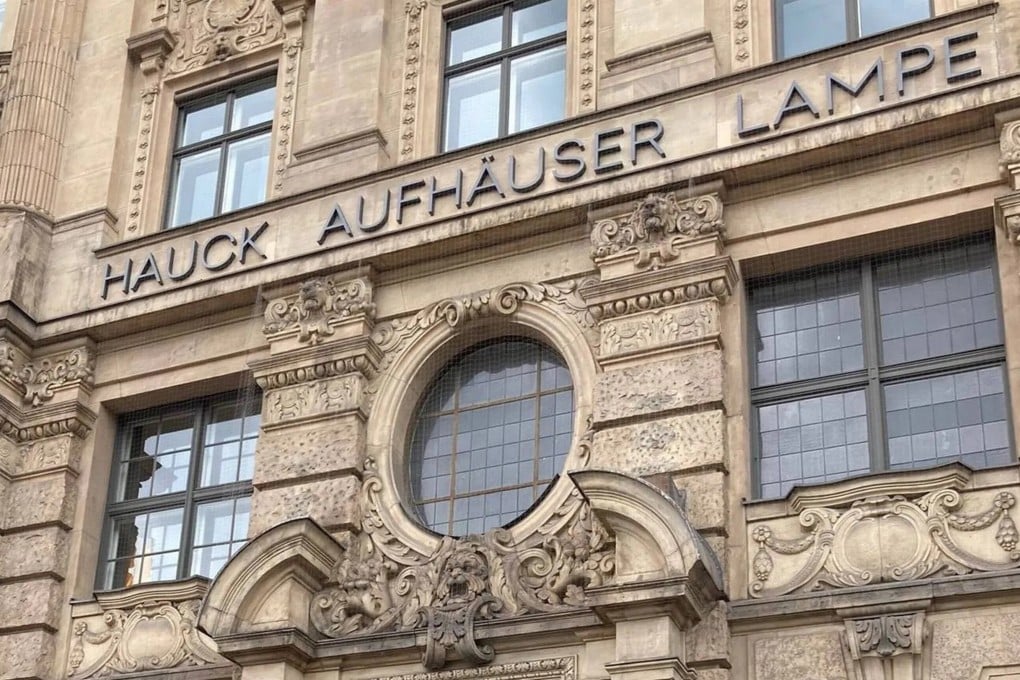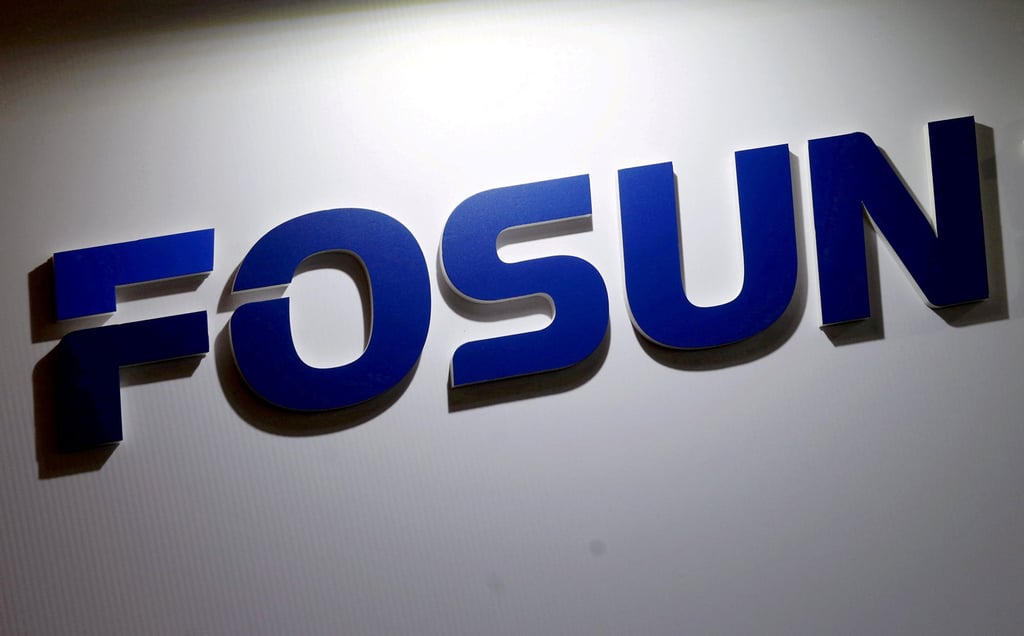Chinese conglomerate Fosun International sells German private bank HAL to ABN Amro for US$731 million to boost liquidity
- Company aims to cut its debts by 10 billion yuan (US$1.38 billion) annually in the next two to three years
- The deal, the second asset sale conducted by Fosun in Europe since mid-April, is expected to close in the first quarter of 2025

Shanghai-based Fosun, controlled by Chinese billionaire Guo Guangchang, announced on Tuesday that the proceeds of the sale will be used to replenish general working capital.
The divestment aims at streamlining Fosun’s portfolio and “enhancing [our] asset-light operation strategy”, the company said in a filing to the Hong Kong stock exchange. “It also demonstrates the company’s continuous efforts to create maximum value for its shareholders.”

Fosun, which is involved in a wide range of industries including tourism, pharmaceuticals, real estate and financial services, aims to cut its debts by 10 billion yuan (US$1.38 billion) annually in the next two to three years, co-chairman Wang Qunbin said during an earnings briefing on March 28.
An asset-light strategy refers to a business model under which a company has only a small amount of fixed assets on its balance sheet.
